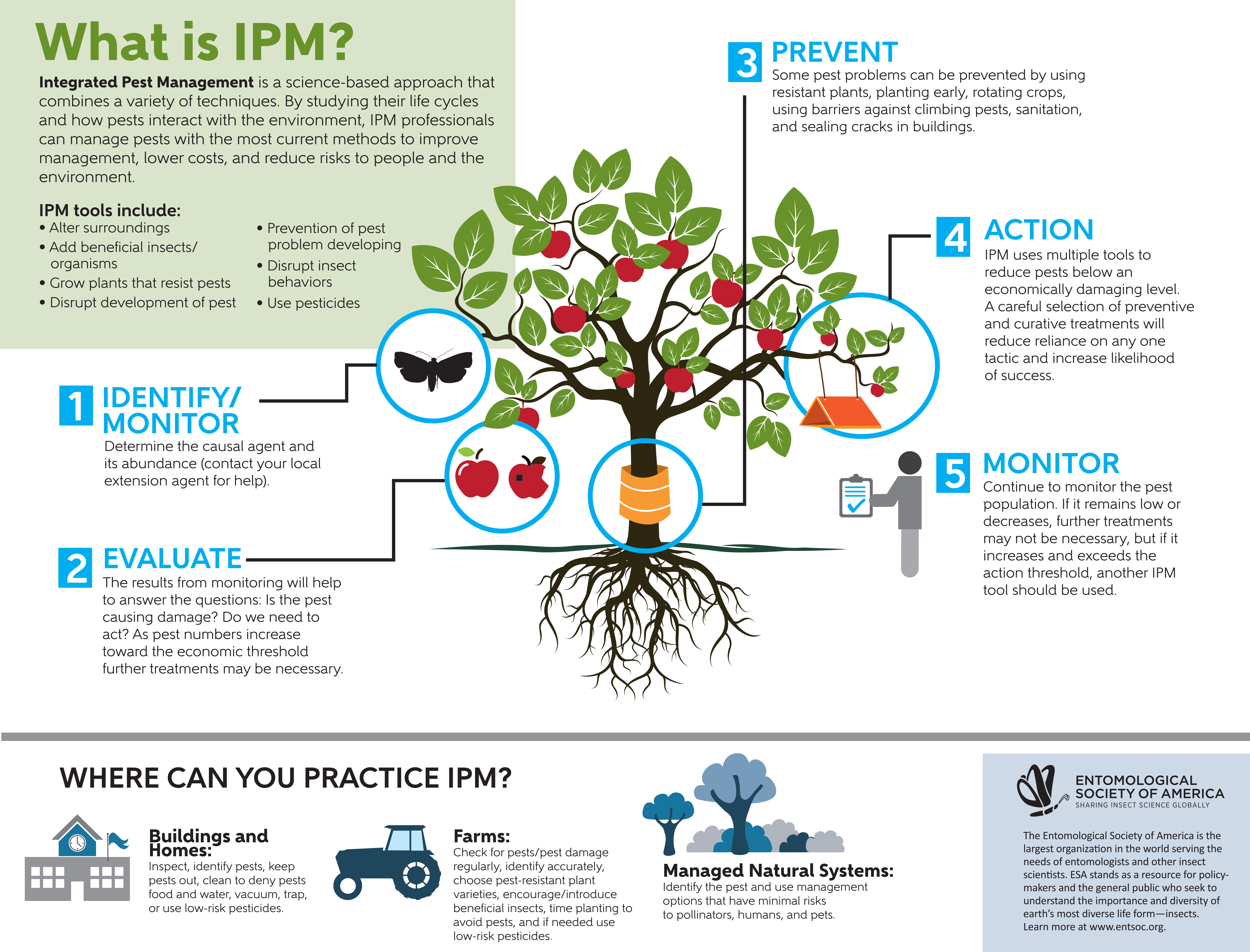Prepare To Raise Your Garden Into A Place Free From Pests And Pests With These Cutting-Edge Suggestions And Tricks
Prepare To Raise Your Garden Into A Place Free From Pests And Pests With These Cutting-Edge Suggestions And Tricks
Blog Article
Author-Dunlap Sharma
Picture your garden as a refuge, an area of tranquility and beauty. However, the visibility of outdoor pests can rapidly disrupt this picturesque photo. What happens if there were easy yet reliable methods to maintain these unwanted visitors away and safeguard your yard oasis? By following a couple of functional pointers and implementing natural approaches, you can develop an unified outdoor area where your plants can thrive uninterrupted.
Natural Insect Deterrents
To maintain bugs far from your yard normally, plant aromatic herbs like mint and lavender. These aromatic plants not only add appeal to your yard but additionally act as effective parasite deterrents. Pests like mosquitoes, flies, and also some garden-damaging insects are driven away by the solid scents sent out by these natural herbs. Simply placing them purposefully around your garden can aid produce a natural obstacle against unwanted pests.
In addition to mint and lavender, consider growing other natural herbs like rosemary, basil, and lemongrass to even more enhance your yard's pest-proofing capabilities. These herbs not only work as natural repellents but additionally have actually the added advantage of being useful in cooking or crafting home made treatments.
Strategic Plant Positioning
Think about the design of your garden and the types of plants you have to purposefully place them for optimum pest-proofing performance.
Start by organizing residential pest control near me with similar resistance to parasites with each other. By doing this, you can develop an all-natural obstacle that prevents insects from spreading throughout your yard.
In addition, placing pest-repelling plants like marigolds, lavender, or mint near even more prone plants can aid protect them. High plants, such as sunflowers or corn, can function as a shield for shorter plants versus bugs like bunnies or ground-dwelling bugs.
Bear in mind to leave enough room in between plants to enhance air blood circulation and decrease the risk of illness that pests might bring.
Moreover, think about planting strong-smelling herbs like rosemary or basil near susceptible plants to puzzle parasites' senses and make it harder for them to locate their targets.
Reliable Pest Control Techniques
For combating garden parasites successfully, implementing a multi-faceted parasite control technique is important. Beginning by urging natural killers like birds, ladybugs, and hoping mantises to help maintain bug populations in check. Introducing plants that bring in these helpful bugs can aid in pest control. In addition, practicing great garden hygiene by getting rid of debris and weeds where pests may hide can make your yard less welcoming to undesirable site visitors.
Consider using physical obstacles such as row cover materials or netting to secure susceptible plants from insects like caterpillars and birds. Applying organic chemicals like neem oil or insecticidal soap can also work against particular parasites while being much less dangerous to valuable pests and the setting. It's vital to rotate your crops each season to prevent the accumulation of pest populations that target particular plants.
Consistently inspect your plants for indicators of pest damage so you can take action quickly. By integrating these approaches and remaining attentive, you can efficiently regulate yard pests and enjoy a growing, pest-free yard.
a fantastic read , there you have it - with the ideal methods, you can keep pesky exterior bugs far from your yard and aid your plants grow.
Did you recognize that planting mint has been shown to ward off insects and various other pests, decreasing the demand for harmful pesticides by approximately 60%?
By integrating natural deterrents and smart planting methods, you can create an attractive and pest-resistant yard sanctuary for you to delight in.
